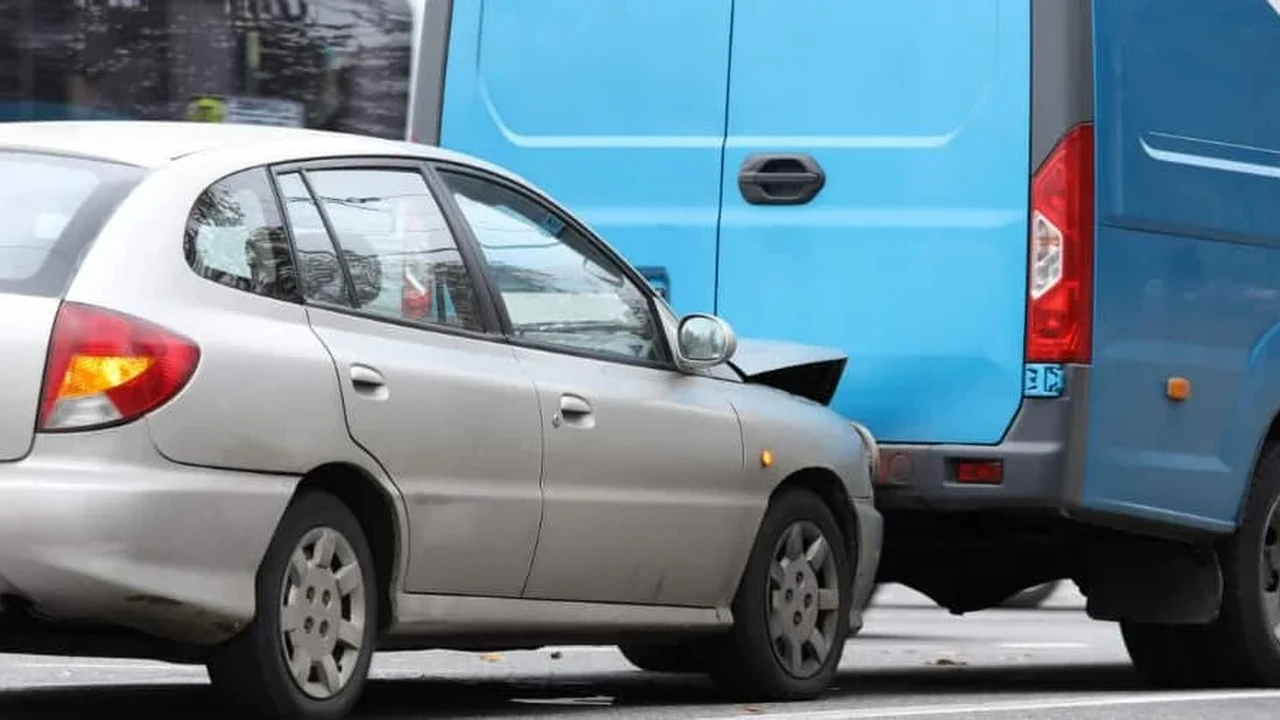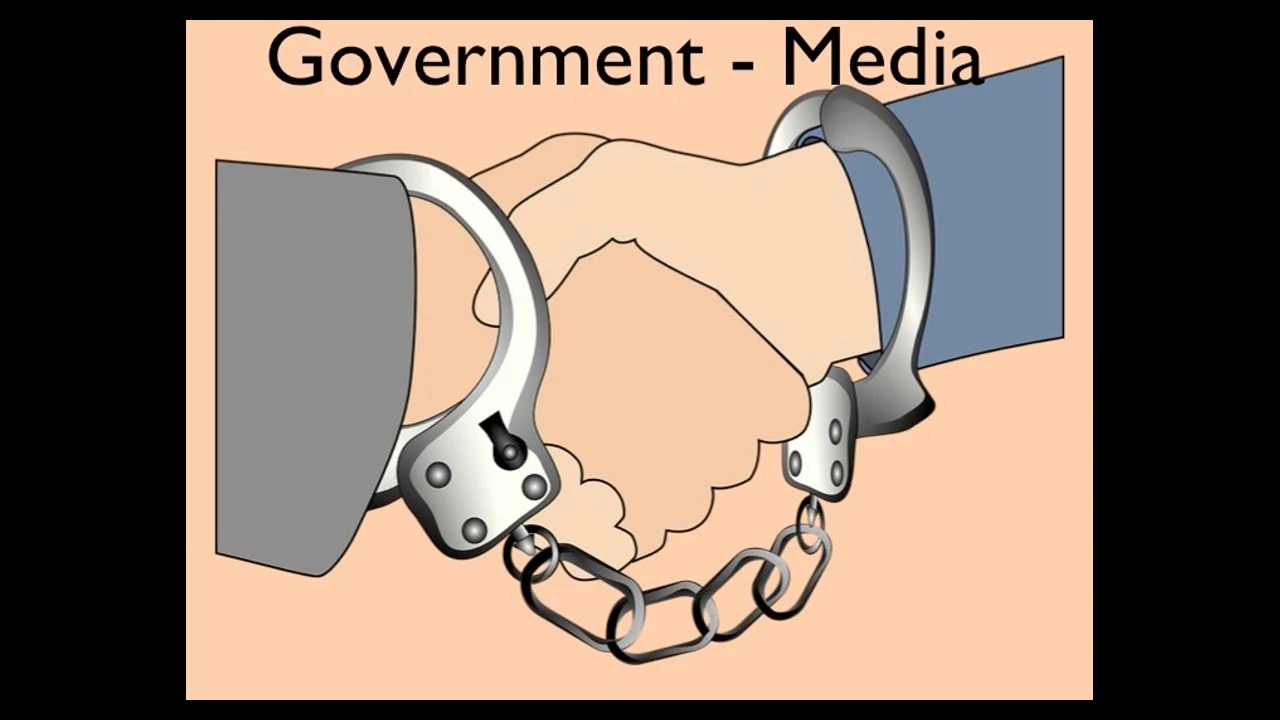Accidents Involving Commercial Vehicles: Complex Regulations

Understanding Commercial Vehicle Accident Claims: A Detailed Guide
Alright, let's dive deep into the world of commercial vehicle accidents. It's a whole different ball game compared to your everyday fender-bender. We're talking about complex regulations, potentially serious injuries, and a lot of paperwork. So, buckle up!
Why Commercial Vehicle Accidents Are So Different: Insurance and Liability
The biggest difference? Commercial vehicles are usually insured under commercial auto policies, which have higher coverage limits and different rules than personal auto insurance. Figuring out who's liable can also be tricky. Is it the driver? The trucking company? The owner of the cargo? It depends!
Navigating Complex Federal and State Regulations: FMCSA and More
Commercial vehicles are subject to a ton of regulations, mainly from the Federal Motor Carrier Safety Administration (FMCSA). These regulations cover everything from driver qualifications and hours of service to vehicle maintenance and cargo securement. State laws also play a role. If the driver or the company violated any of these regulations, it could significantly impact your claim.
Common Causes of Commercial Vehicle Accidents: Driver Fatigue, Negligence, and More
So, what causes these accidents? Driver fatigue is a huge one. Truck drivers are often under pressure to meet deadlines, which can lead them to drive for too long without rest. Other common causes include distracted driving, speeding, improper loading, and inadequate maintenance.
Gathering Evidence After a Commercial Vehicle Accident: Police Reports, Witness Statements, and More
After an accident, the evidence you gather is crucial. Get the police report, take photos of the damage, and get contact information from any witnesses. If possible, also try to get the truck driver's logbook and inspection reports. This information can help prove negligence.
Dealing with Insurance Companies: Negotiation Tactics and Common Pitfalls
Dealing with insurance companies can be a headache. They're often looking to minimize payouts. Be prepared to negotiate and don't be afraid to get a lawyer involved. Watch out for common pitfalls like accepting a quick settlement before you know the full extent of your injuries.
The Role of Legal Representation: When to Hire a Commercial Vehicle Accident Attorney
Speaking of lawyers, when should you hire one? If you've suffered serious injuries, if the accident was complex, or if the insurance company is giving you the runaround, it's definitely time to call a commercial vehicle accident attorney. They can help you navigate the legal process and ensure you get fair compensation.
Calculating Damages in a Commercial Vehicle Accident Claim: Medical Bills, Lost Wages, and More
Calculating damages is another important part of the claim process. You can claim for medical bills, lost wages, property damage, and pain and suffering. Make sure you keep detailed records of all your expenses.
Specific Insurance Products for Commercial Vehicles: Coverage Options and Recommendations
Okay, let's talk about some specific insurance products that are relevant to commercial vehicles. Here are a few recommendations, along with their uses, comparisons, and estimated costs:
H2 Commercial Auto Liability Insurance: Protecting Your Business from Financial Loss
This is the most basic type of insurance for commercial vehicles. It covers bodily injury and property damage that you cause to others in an accident. It's essential for protecting your business from financial ruin.
Product Recommendation: Progressive Commercial Auto
Progressive offers competitive rates and a variety of coverage options. They also have a good reputation for customer service.
Use Case: A small delivery company with a fleet of vans.
Comparison: Compared to other providers like Geico or State Farm, Progressive often offers more flexible payment options and specialized coverage for specific industries.
Estimated Cost: $500 - $1500 per vehicle per year, depending on factors like vehicle type, driving history, and coverage limits.
H2 Commercial Vehicle Physical Damage Coverage: Protecting Your Vehicle Investment
This coverage protects your own vehicle from damage caused by accidents, theft, vandalism, and other perils. There are two main types: collision and comprehensive.
Product Recommendation: Travelers Commercial Auto
Travelers is known for its comprehensive coverage options and strong financial stability. They offer excellent protection for your vehicles.
Use Case: A construction company with a fleet of trucks and heavy equipment.
Comparison: Travelers often has higher premiums than some other providers, but their coverage is generally more comprehensive and reliable.
Estimated Cost: $300 - $1000 per vehicle per year, depending on the vehicle's value and the deductible you choose.
H2 Motor Truck Cargo Insurance: Protecting Your Load During Transport
This coverage protects the cargo you're transporting from damage or loss due to accidents, theft, or other perils. It's essential for trucking companies and other businesses that transport goods.
Product Recommendation: Great West Casualty Company
Great West specializes in insurance for the trucking industry and offers excellent cargo insurance options.
Use Case: A long-haul trucking company transporting electronics.
Comparison: Great West offers specialized coverage for specific types of cargo, which is a big advantage over general insurance providers.
Estimated Cost: Varies widely depending on the type of cargo, the distance traveled, and the coverage limits. Expect to pay several hundred to several thousand dollars per year.
H2 Non-Trucking Liability Insurance: Coverage When You're Off-Duty
This coverage protects owner-operators when they're using their trucks for personal use and not under dispatch. It's important for filling the gaps in coverage when you're not working.
Product Recommendation: OOIDA (Owner-Operator Independent Drivers Association)
OOIDA offers affordable non-trucking liability insurance specifically designed for owner-operators.
Use Case: An owner-operator using their truck for personal errands on the weekend.
Comparison: OOIDA's coverage is specifically tailored to the needs of owner-operators, making it a good choice for this group.
Estimated Cost: $300 - $800 per year.
H2 Uninsured/Underinsured Motorist Coverage: Protecting Yourself from Negligent Drivers
This coverage protects you if you're hit by an uninsured or underinsured driver. It can help pay for your medical bills and other expenses.
Product Recommendation: Any Major Insurance Provider
Most major insurance providers offer this coverage. It's a good idea to add it to your commercial auto policy.
Use Case: Any commercial vehicle operating in an area with a high percentage of uninsured drivers.
Comparison: The specific terms and conditions of this coverage can vary between providers, so it's important to shop around and compare quotes.
Estimated Cost: $50 - $200 per vehicle per year.
Negotiating a Fair Settlement: Strategies and Tactics
Alright, you've gathered your evidence, you've got a lawyer (maybe), and you're ready to negotiate. Here are a few tips:
- Know your worth: Understand the full extent of your damages.
- Be patient: Negotiations can take time.
- Be prepared to compromise: You might not get everything you want.
- Document everything: Keep records of all communication with the insurance company.
Filing a Lawsuit: When and How to Take Legal Action
If negotiations fail, you might need to file a lawsuit. Your lawyer can guide you through this process. Make sure you understand the statute of limitations in your state, which is the deadline for filing a lawsuit.
Alternative Dispute Resolution: Mediation and Arbitration Options
Before going to court, you might consider alternative dispute resolution methods like mediation or arbitration. These methods can be less expensive and less time-consuming than a trial.
Preventing Commercial Vehicle Accidents: Safety Tips for Drivers and Companies
The best way to avoid a commercial vehicle accident is to prevent it from happening in the first place. Here are some safety tips:
- Driver training: Provide thorough training for drivers.
- Regular maintenance: Keep vehicles in good condition.
- Hours of service compliance: Ensure drivers comply with hours of service regulations.
- Safety culture: Create a strong safety culture within your company.
Staying Informed About Commercial Vehicle Regulations: Resources and Updates
Commercial vehicle regulations are constantly changing. Stay informed by subscribing to industry newsletters, attending conferences, and consulting with legal experts.
So, there you have it! A deep dive into the complex world of commercial vehicle accidents. Remember, if you're involved in one of these accidents, it's important to seek legal advice and protect your rights. Good luck out there!
:max_bytes(150000):strip_icc()/277019-baked-pork-chops-with-cream-of-mushroom-soup-DDMFS-beauty-4x3-BG-7505-5762b731cf30447d9cbbbbbf387beafa.jpg)






